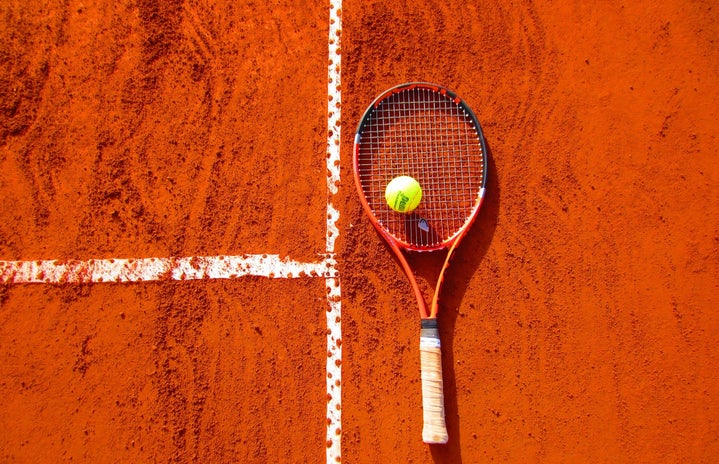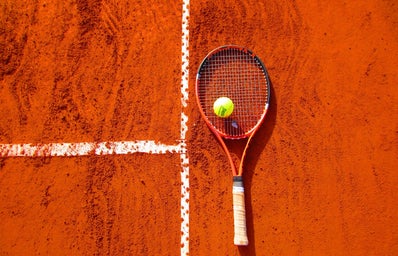Emma Raducanu shot to fame after winning her debut US Open in September. Competing as a
qualifier and at just 18 years old, she was a true underdog – and everyone loves an underdog. She
cruised through the rounds and progressed to the final without dropping a single set. Her New
York fairytale win projected her up the ranks: Raducanu rose from No. 338 in the world rankings
to No. 22 in the space of two and a half months. And with her $2.5 million cash winnings came a
media frenzy.
Being the first British woman to win a Grand Slam since 1977, she captured the hearts of the
Brits. But she also won over the East due to her Chinese heritage and fluent Mandarin, making
her a global sporting sensation.
With a new celebrity status in tow, Raducanu swapped her tennis skort for an elegant Chanel
gown, and attended the exclusive Met Gala, rubbing shoulders with A-listers and further raising
her profile. She is now the new face of Tiffany & Co and is predicted to make billions in
sponsorship deals in the coming years. The teenager from Bromley is considered by many to be
the most marketable sportswoman to date.
At the top of her game, and still in her formative years, Raducanu has immense pressure on
her shoulders, simply made stronger by the media storm that surrounds her. Unfortunately, the
public eye is as scathing as it is supportive; media attention has a tendency to turn negative and a
risk of being in the spotlight is the scrutiny that follows, especially as a young woman.
Outdated attitudes are rife in sport, with female athletes still attracting greater attention for their
looks than their performances and male athletes obtaining far more coverage. In the modern
world of social media, these patterns persist – targeting and negativity are hard to escape.
According to a 2020 survey conducted by BBC Sport, almost a third of female British athletes
said that they had experienced trolling on social media, with some describing the comments they
had received as “threatening” and “scary”. This can be detrimental to mental health and have a
knock-on effect on their sporting performance.
Japanese tennis prodigy Naomi Osaka, who, like Raducanu, shot to fame after winning the US
Open in 2018, has openly struggled with her mental health. Osaka withdrew from the French
Open in May after backlash following her decision to refuse speaking to the press due to it
heightening her anxiety. The 2020 Olympic torchbearer started a widespread conversation on
mental health in sport, displaying strength in her vulnerability.
This conversation has been carried forward by the likes of Simone Biles and Raducanu herself,
who had to withdraw from Wimbledon mid-match due to anxiety. The overwhelming pressure
that these young sports stars face is becoming increasingly clear.
Raducanu was recently defeated in her first match since her US Open triumph. Perhaps the added
pressure got to her, it is, after all, a long fall down from the top. But she responded in a humble
manner, stating that she is still gaining experience and will “take it as a lesson”. Despite her loss,
she remains a firm fan-favourite with a stellar career ahead of her.
Thanks to the advocacy of Billie Jean King, tennis is one of the few sports in which men and
women have the potential to earn the same. Raducanu has become a young icon in the white
male-centric world of tennis, further raising the profile of women’s tennis.
So the question now is this: can Emma Raducanu be the shining example of female sports stars
finally getting the recognition and respect that they deserve?
Words by: Emma Critchley
Edited by: Harsheni Maniarasan


